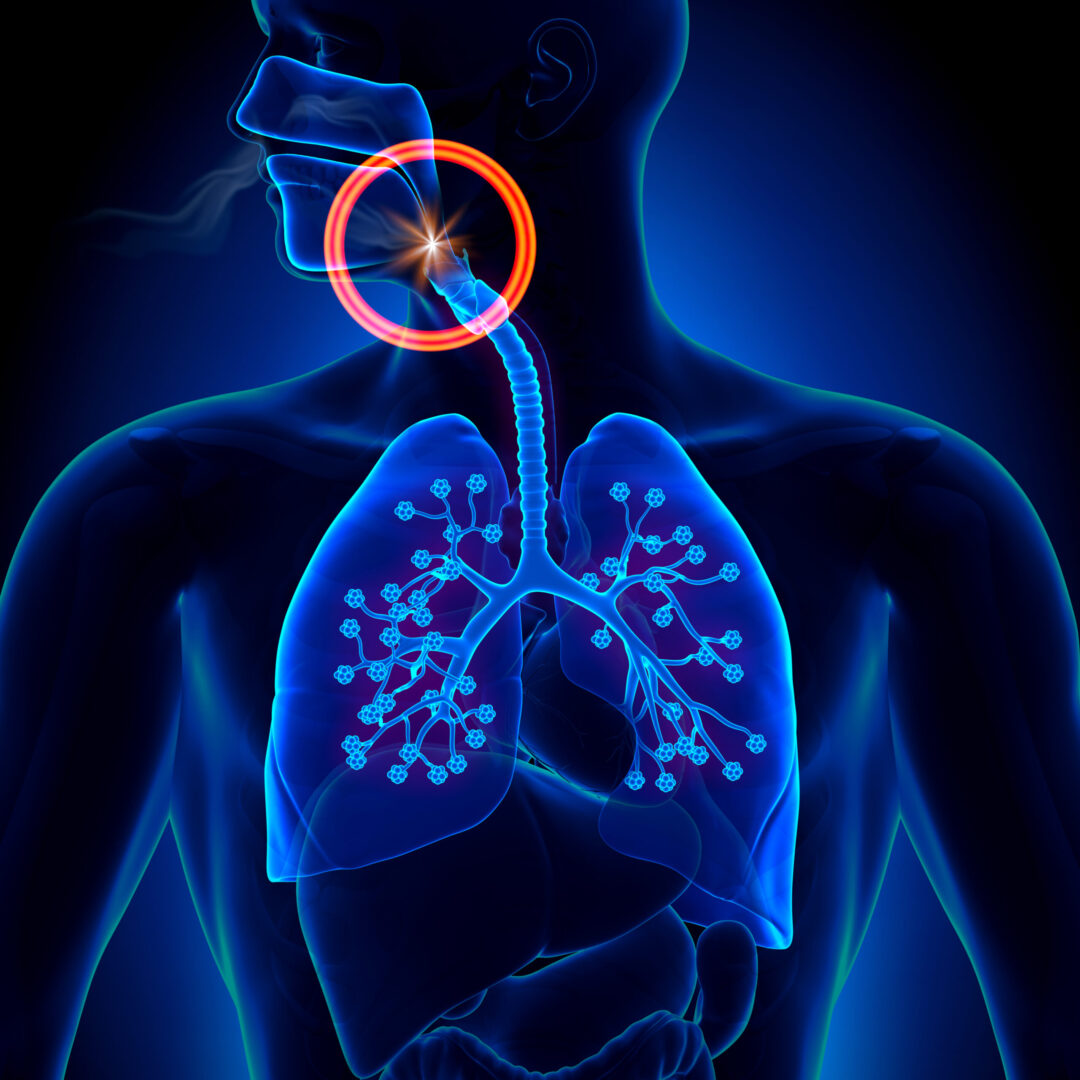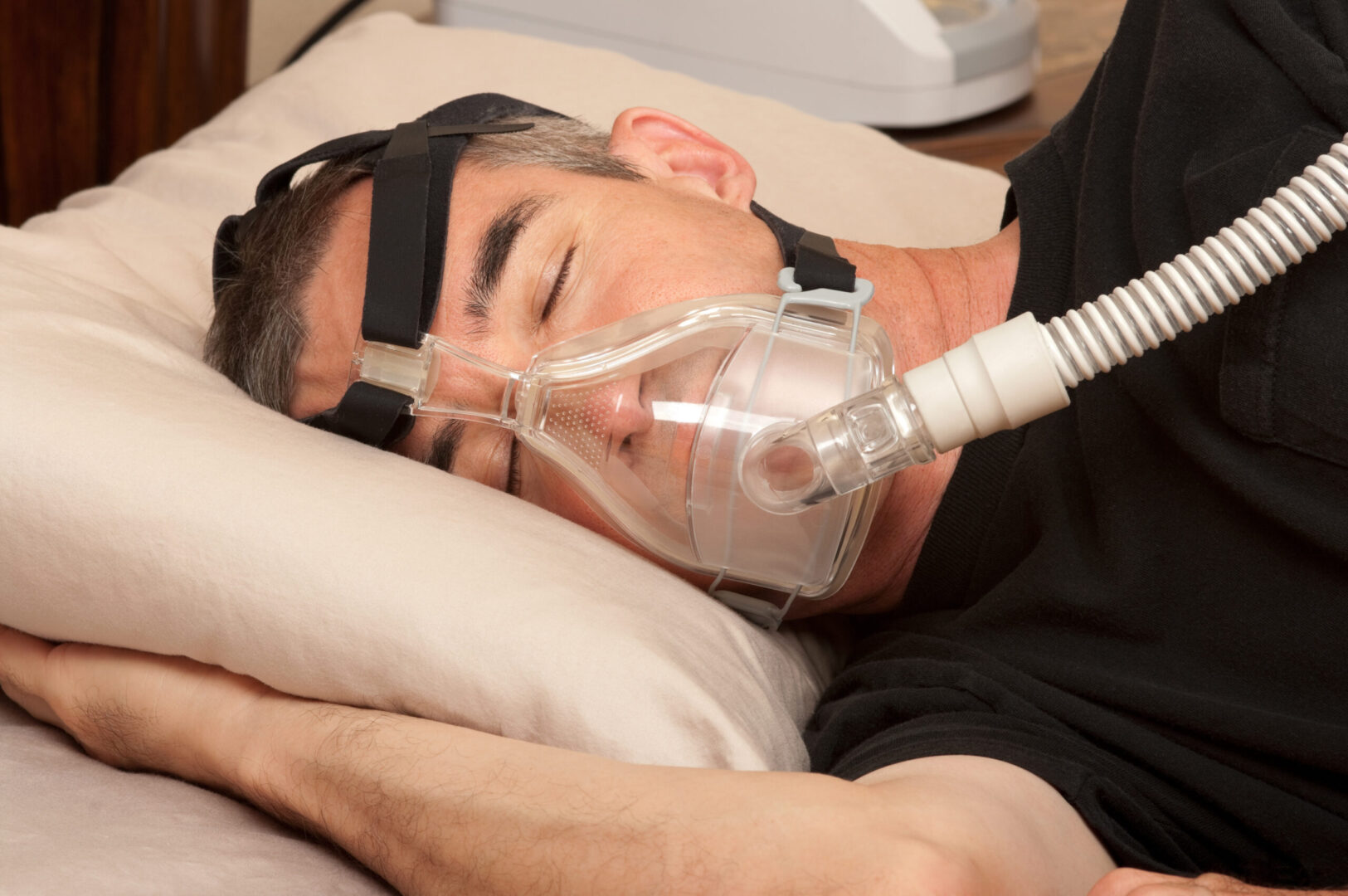Sleep Apnea
Don't let sleep apnea control your life. Contact our office today to schedule a consultation and find out which treatment options are right for you.
Do you or someone you love struggle with sleep apnea? If so, you know how frustrating and disruptive it can be. Sleep apnea is a serious sleep disorder that causes a person to stop breathing for short periods of time while they sleep, resulting in poor sleep quality, daytime fatigue, and an increased risk of serious health problems. We offer a range of treatment options, from lifestyle changes and oral appliances to CPAP therapy and surgery, so you can get the relief you need in a way that is right for you.
Contact Us
What is Sleep Apnea
Sleep apnea is a sleep disorder with potentially dangerous results if untreated. During sleep apnea, a person’s breathing stops and starts repeatedly. The three main types of sleep apnea are:
- Obstructive Sleep Apnea
Obstructive Sleep Apnea is the most common form, when throat muscles relax and block the airway as a person is sleeping. - Central Sleep Apnea
Central Sleep Apnea occurs when a person’s brain does not send proper signals to the muscles that control their breathing. - Complex Sleep Apnea Syndrome
Also referred to as treatment-emergent central sleep apnea, this is when someone has both obstructive and central sleep apnea.
The causes for sleep apnea are varied. Obstructive sleep apnea typically occurs when the muscles in the back of a person’s throat relax. When these muscles relax, your airway narrows or completely closes as you breathe in. Not getting enough air can lead to a lower oxygen level in your blood. A person’s brain will sense this and rouse them up from sleep so that they can reopen their airway. Most people don’t even know this is happening because the awakening is so brief.
For central sleep apnea, your brain simply does not transmit the signals to your breathing muscles to do their necessary function. A person makes no effort to breathe for a short period and may awaken with shortness of breath or have trouble getting sleep or staying asleep. Central sleep apnea is the less common form.
If you snore loudly and feel tired after receiving a full night’s sleep, you may have sleep apnea. It is recommended you reach out to a doctor immediately for further assistance.


Sleep Apnea Treatment
If you believe that you or someone you know may have obstructive sleep apnea, it is highly recommended to visit an oral and maxillofacial surgeon (OMS) for a complete examination to attain the most accurate diagnosis possible. Your doctor will go over your medical history and perform a head and neck examination to identify problems that may contribute to these problems. The doctor may interview other household members about your sleeping and waking behavior. If a sleep disorder is suspected, you will be referred to a sleep clinic where they will monitor your nighttime sleeping patterns during an overnight stay.
Should you be diagnosed with sleep apnea, our team will help you decide the best treatment. Depending on the severity, it may include behavior modification, oral appliances, a special device, or even surgery. Surgical options may be necessary, though it is essential to remember that no procedure is universally successful. Each patient is different, and your OMS may need to measure the airway at several points to check for any abnormal airflow.
